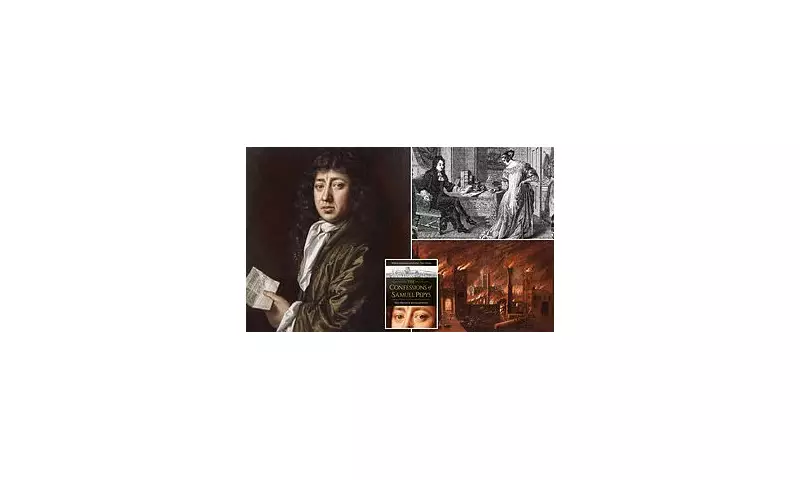
Samuel Pepys, the celebrated 17th-century diarist whose vivid accounts of the Great Fire of London have educated generations, is facing a damning historical reassessment. New scholarly research presents a profoundly disturbing portrait of the man, revealing him as a compulsive sex addict and an alleged rapist.
The Dark Side of a National Treasure
For centuries, Pepys has been revered as one of Britain's most important historical figures. His detailed diaries provide an unparalleled window into Restoration London. However, a new exhibition at the National Maritime Museum, based on extensive academic work, forces a stark confrontation with the man behind the quill.
Dr Kate Loveman of the University of Leicester, a leading Pepys scholar, has meticulously analysed his own writings and contemporary accounts. Her findings depict a man consumed by sexual compulsion, who meticulously documented his own predatory behaviour towards numerous women, including his wife's maid and his own servants.
A Pattern of Predatory Behaviour
The most shocking revelation concerns an allegation of rape. The research points to a specific entry in Pepys's diary from October 1668, which scholars now interpret not as a consensual encounter, but as a violent assault on a young actress named Mary Mercer.
Pepys's own words, often written in a mix of languages to conceal their content, detail a life of relentless sexual pursuit, manipulation, and coercion. The exhibition does not shy away from this evidence, presenting it to the public to facilitate a more complete and honest understanding of the historical figure.
Reconciling the Genius with the Monster
This reassessment creates a complex dilemma for historians and the public alike. How do we reconcile Pepys's immense cultural and historical contributions with his deeply immoral and criminal actions? The exhibition challenges visitors to hold both truths simultaneously: the brilliant chronicler and the profoundly flawed, dangerous individual.
The story of Samuel Pepys is no longer just about the Great Fire or life in 1660s London. It is now also a story about power, privilege, and the abuse of both—a narrative that, tragically, remains all too relevant today.





